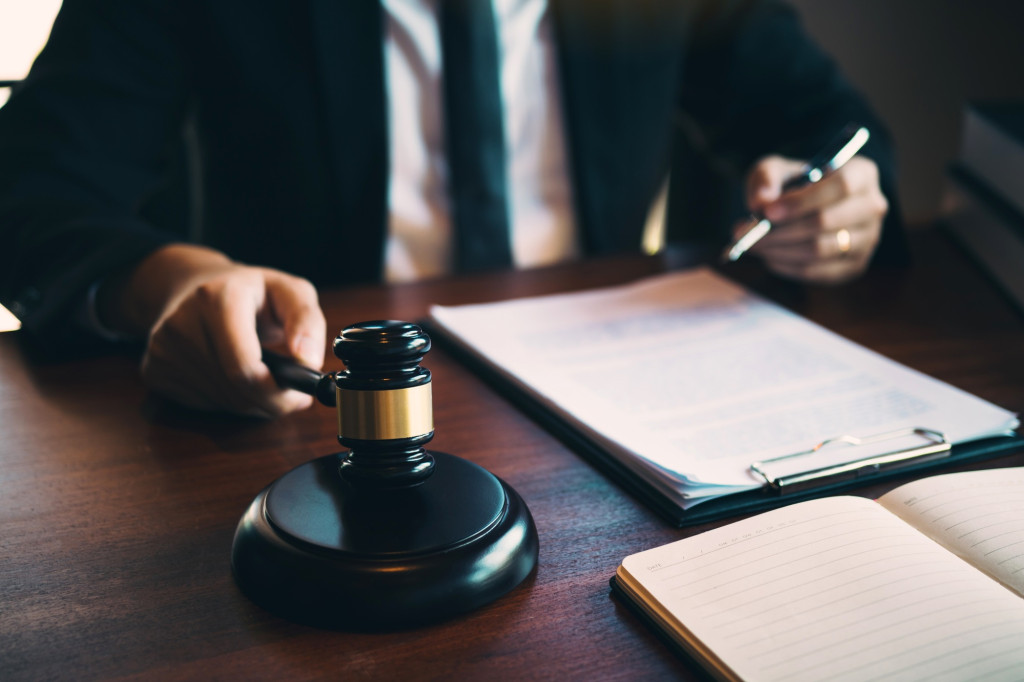US lawmakers target EU and UK digital laws in upcoming hearing
US lawmakers will hold a hearing on 3 September criticizing EU and UK digital laws as threats to free speech and American innovation. Former EU Commissioner Thierry Breton has been invited, with Nigel Farage confirmed as a witness.

The US House Judiciary Committee has scheduled a hearing for 3 September 2025 to examine what it calls ‘Europe’s threat to American speech and innovation.’ The event is expected to focus on the European Union’s Digital Services Act (DSA) and Digital Markets Act (DMA), as well as the UK’s Online Safety Act and Digital Markets, Competition and Consumers Act.
Who is invited
Among those invited to testify is Thierry Breton, the former European Commissioner for the Internal Market, who played a central role in drafting the EU’s flagship digital laws. At the time of publication, Breton had not confirmed whether he would attend. The only confirmed witness so far is Nigel Farage, a UK politician and Member of Parliament.
The invitation notes that more witnesses could still be announced.
Why the hearing matters
The session follows a report by Republican lawmaker Jim Jordan, who labelled the DSA a ‘censorship law.’ The DSA, which took effect in 2024, requires large tech companies to take stronger measures against harmful and illegal online content, improve transparency in advertising, and give users more control over their data. Supporters say it creates accountability for Big Tech; critics in the US argue it limits free expression and imposes costly rules on American companies.
Similarly, the DMA introduces rules to curb the power of dominant platforms like Google, Apple, and Meta, while the UK’s Online Safety Act and Digital Markets Act introduce comparable obligations for companies operating in Britain. The US hearing will examine whether these measures unfairly restrict American businesses and undermine US values such as free speech.
Broader context
The debate reflects a growing divide between the US and Europe over how the internet should be regulated. European governments emphasise user safety, competition, and consumer protection, while many US conservatives frame such rules as overreach that threatens innovation and freedom of expression.
For civil society, the issue is significant. On one hand, stronger regulation in Europe has been welcomed by groups advocating for safer online spaces, protection against disinformation, and greater accountability for tech giants. On the other hand, framing these laws as ‘censorship’ in US political debates may deepen polarisation and complicate international cooperation on digital governance.
What comes next
The hearing on 3 September will test how far US lawmakers are willing to go in challenging Europe’s digital framework and whether invited witnesses, including Breton, will defend the EU’s approach. The outcome could influence not only US–EU tech relations but also the global conversation on how to balance free speech, innovation, and safety online.


